THE AWARD FOR SUSTAINABLE PRODUCTS
Green Olympics
The Award reaches 7 million people worldwide every year. Under the motto "Green Olympics", companies and start-ups from all over the world are invited to register their sustainable products and services for the competition. Training camps, qualification rounds and networking events accompany the process until the showdown in Berlin.
The international Green Product Awards have been presented annually since 2013 and, depending on their quality, participants benefit from numerous advantages such as project feedback, seals and visibility.
Interested parties whose concepts are not yet on the market can apply for the Green Concept Award.
The organising committee and contact point for the awards is the >> Green Future Club. The Club offers official members a platform for active learning and networking.
>> Club & Award Factsheet
AWARD PROCESS
Submissions are made via this award platform. After the audit, participants receive interim feedback on optimisation and an invoice for the audit fee.
The category finalists will then be selected and published for one year from December. The public vote will start at the same time. In parellel, the expert jury will select the category winners a. best product of a brand, b. a start-up and c. the best concept, which will be honoured in Berlin. Detailed schedule - see below.
BENEFITS
All participants benefit from an independent initial assessment of their products in line with the regulations of the Green New Deal.
Free training camps on the development and evaluation of sustainable products are offered throughout the year.
In addition, proven projects have the chance to be published in the Green Trend Book (250,000 readers) and have the opportunity to network with experts and other participants across industries.
Advantages for solutions with Approved Status
Additional Benefits for Finalists
Additional Benefits for Winners
CATEGORIES
The Green Product Awards are presented in various categories. Within each category, the best product of a brand, a start-up and the best concept are awarded. The category pages contain further information as well as finalists & winners of the last award cycle.
Schedule 2024/25
16 December Finalist Annoucement, Public Voting & judging
30 Jan. 2025 End of Public Voting
31 Jan. 2025 Submission deadline for those opting for jury-only assessment
Spring 2025 Award ceremony & summits in Berlin embassies
Excerpt of exhibitions: Neonyt, Kind und Jugend, Dutch Design Week, Sustainable Materials Conference & Expo... learn more
All year round, the Green Future Club offers ACTIVITIES
around the topic of sustainable innovations.
Fees
Students & graduates can apply free of charge for the Green Concept Award. In order to run the Award at a sophisticated level, fees apply for start-ups and established companies. Green Future Club members receive a 50% discount on submission.
Established companies:
Submission + Finalist Package
Start-Ups
One-time fee
Fees Overview:
Discounts & Extras
Definition of start-ups: Turnover below 1 million euros.
The Jury
An international jury of experienced experts reviews the submissions with their know-how to determine the winners. Finalists and winners receive individual point based feedback.
green Lifestyle
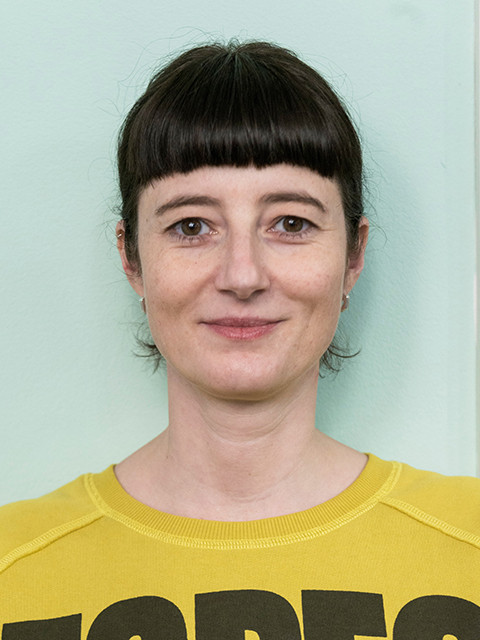
Petra Schmatz studied political science in combination with economics and law at the University of Passau. After graduating, she joined AVR Verlag in Munich in 2004 and has since been writing passionately in various departments for its magazines. As a Bavarian child from the countryside, Petra Schmatz is privately very committed to a sustainable lifestyle. That's why she finds her work as editorial director at green Lifestyle magazine a special highlight of her job and a personal enrichment. She sees tracking down green trends, news and innovations and reporting on them as a great opportunity to make the world a little bit better, bit by bit. In her editorial work, Petra Schmatz focuses primarily on the areas of eco-fair fashion and organic food & beverage.
CEO nat-2™ | thies 1856 ®
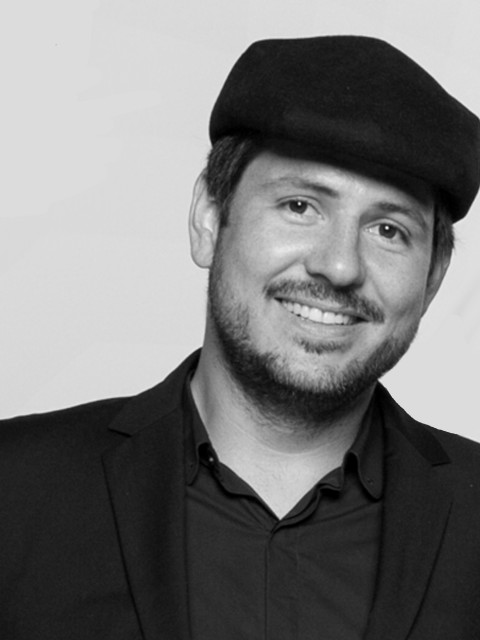
Sebastian Thies, 6th generation footwear professional since 1856, is the Founder x Designer of high-end sneaker brand nat-2™ and CEO of progressive sustainable home and footwear brand thies 1856 ®. Sustainability is key since more than 160 years in the family tradition.
Sebastian is also a Creative Director at various other Projects and has worked with companies such as MCM, Wu-Tang, Sony, Paramount, Activision, Ritter Sport, Atelier PMP, Hasbro, Gabor, HBC, Levi's, Benetton, nowadays, Urban Outfitters, Studio100 ... Sebastian's Designs have been showcased and included to design collections in international re-known exhibitions and museums such as Grassimuseum Leipzig, Red Dot Museums Essen x Singapore, Kunsthaus Vienna, MKG Hamburg, Shoetopia Detroit, Cube Designmuseum NL, Wilhelm Wagenfeld Stiftung Bremen, VirtualShoemuseum, Deutsches Museum...
Sebastian has already won several international awards such as the Red Dot Design Award, German Brand Award, Innovation x Design Award, IspoBrandnew Award, was nominated twice for Germany's Designpreis and appointed as Fellow and Kultur- x Kreativpilot by the Federal Republic of Germany.
The London Designmuseum has quoted nat-2™ as "one of the 50 shoes that changed the world" in its books.
Centre for Sustainable Design
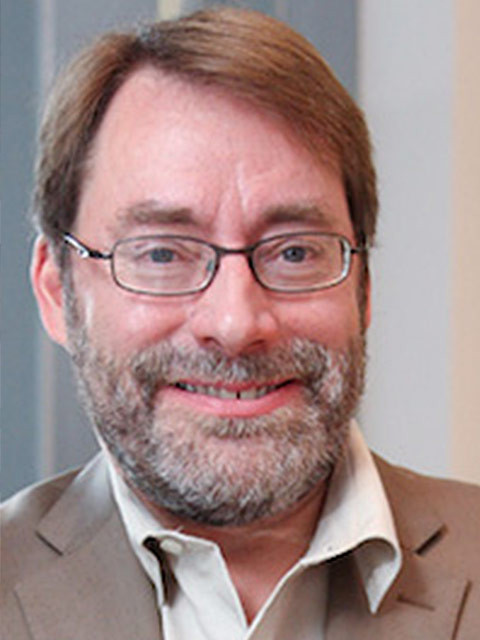
Professor Martin Charter MBA FRSA is the Founding Director of The Centre for Sustainable Design ® at the University for the Creative Arts (UCA) that was established in 1995. Martin has more than 29 year’s experience in a wide range of topics related to sustainable business with particular expertise in sustainable innovation and product sustainability. Martin has sat on many international expert committees and advisory boards including P&G, Interface, World Resources Forum and Eco-innovation Observatory. He is the organizer of the Sustainable Innovation series of international conferences that is now in its 21st year. Martin has authored research on new ‘green’ business models, sustainable innovation, product design and remanufacturing and marketing & sustainability.
InteriorPark.
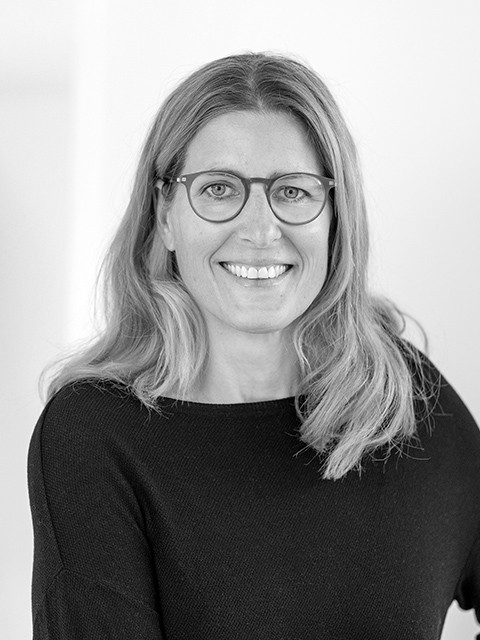
Tina Kammer has been following developments in the field of sustainability since the 1980s. After eleven years as a cabinet maker, she worked for three years at the architecture firm Jestico + Whiles in London. Back in Germany, she realised further international projects in the field of brand architecture for companies such as BMW, MINI, IBM and as project manager at HUGO BOSS. In 2010, together with Andrea Herold, she founded the company InteriorPark., which promotes sustainable developments on many levels. As an impulse generator, she looks beyond the boundaries of individual isolated topics and is a sought-after expert at lectures, in consultations, workshops and juries. Her studio InteriorPark. specialises in sustainable architecture and design concepts. Since 2022, she has been teaching architecture as a professor with a with a focus on sustainable building at the IU.
LUWE GmbH
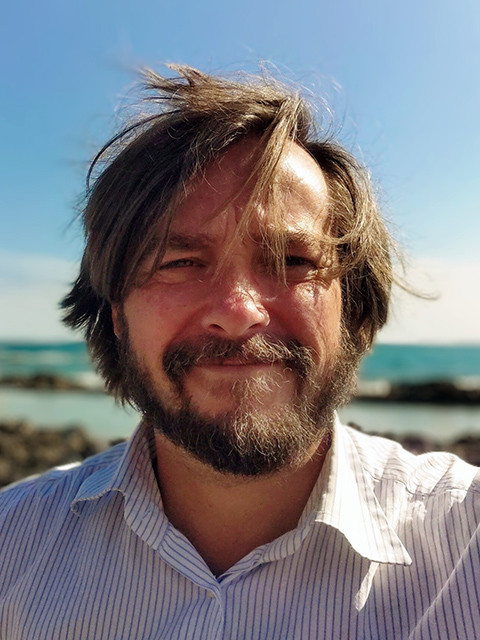
Sven Fischer is managing director and shareholder of LUWE GmbH, together with his business partner Stephan Ley, self-employed entrepreneur since 2006, member of jury and advisory boards, lecturer for sustainable development and sustainable product design, hobby astronomer and Diplom Designer.
For more than 20 years, Sven has been working as a transformer for sustainable development in science, business and society. As a specialist for sustainable transformation design and as a consultant for sustainability in companies and publics, Sven successfully supports, connects and mediates a wide range of stakeholders from a wide variety of industries and shows everyone the individually suitable sustainability path:
“Some of these new routes are proving to be shorter and easier than expected, while others are slightly longer and more winding. However, the goal of a sustainable transformation never gets out of focus and there are always completely new, exciting and rewarding perspectives. On this path, transformation courage is needed in order to be able to transfer sustainability to the masses.”
Avocadostore.de

Johannes Hilla has been Sustainability Manager at Avocado Store GmbH, a leading online marketplace for sustainable products, since 2022. In this role, he is responsible for the evaluation of brands and products in terms of their sustainability, the further development of sustainability criteria and internal sustainability management. He is also in charge of public goods accounting and works on sustainability communication.
Previously, Johannes was responsible for the strategic brand development of the sustainable sneaker brand VEJA as Sales Manager Germany from 2018 to 2021. His focus was on brand positioning and sales. He gained extensive experience in fair fashion and sustainable sporting goods.
Johannes holds a Bachelor's degree in Sports Economics and a Master's degree in International Economics and Governance from the University of Bayreuth. His approach to sustainability is based on the conviction that sustainability is an ongoing process that encompasses many facets.
Tsinghua University
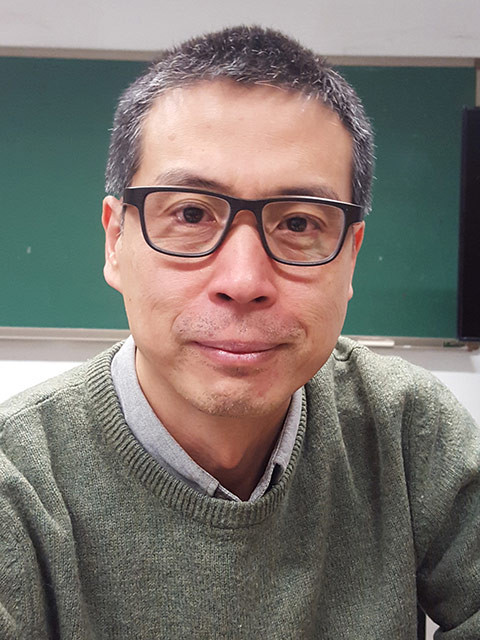
Xin Liu is Vice Director of the Art and Science Research Center of the Institute of Sustainable Design at Tsinghua University. His main research in on Sustainable Design, User Research and Product Service System Design. He is the director of LeNS-China (The Learning Network on Sustainability), which includes China's top 15 universities and co-founder of DESIS-China, an alliance for social innovation and sustainable design in China. Additionally, he is Chairman of the Tsinghua University’s DESIS International Alliance Academy of Arts & Design. In 2012, he was elected Educational Officer of the "Excellent University Talents of the Turn of the Century".
TRENDFILTER®
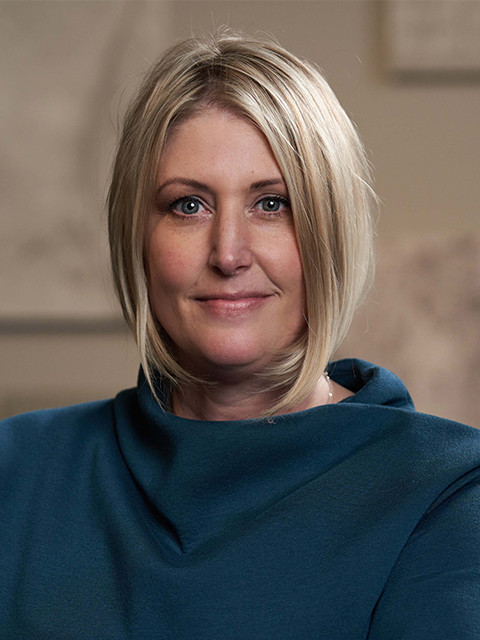
Katrin de Louw studied interior design, trend expert and since 1997 Owner and Managing Director of TRENDFILTER®- design future for furniture and materials. Her passion for interior architecture, trends, design and her curiosity led her go to China in the early 2000s, where she worked for Häcker Küchen and Tom Tailor, among others, designing concept stores and being responsible for the on-site construction as well as various product developments. The topics of the future and ecology were always important sources of inspiration and motivation for her work as a trend scout. Since 2007, she has been giving talks on interior trends to decision-makers in the furniture industry, is an author for trade journals, a juror for renowned juries and is seen today as one of the leading experts on interior and furniture trends, materials and surfaces. In the course of her 25-year career, she initiated two successful business networks: FURNITURE FUTURE FORUM as a trend forum in the center of the German furniture industry in East Westphalia, and the still young COLORNETWORK®, which thinks color sustainably for the first time and makes products transparent for planners in their cradle to cradle cycle.
Parsons School of Design—The New School
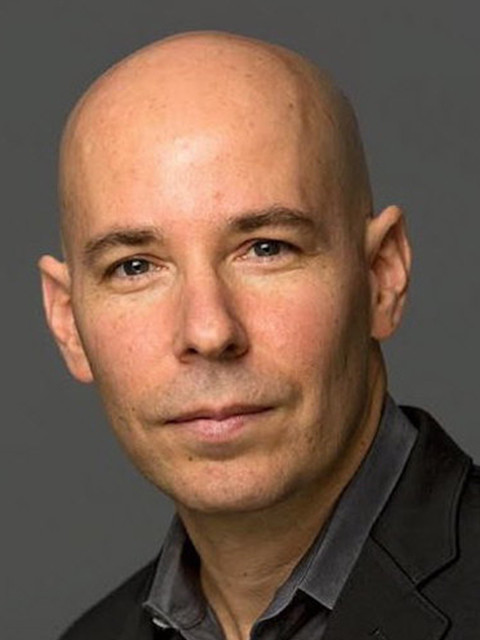
Raz is an Assistant Professor of Strategic Design and Management at Parsons School of Design - The New School in NY, where he explores sustainable business models and how companies can respond effectively to the climate crisis. Currently, he serves as an Associate Director of the Strategic Design & Management BBA Program. Raz is the co-founder of two green startups (Hemper Jeans and Eco-Libris) and the author of Rethinking Corporate Sustainability in the Era of Climate Crisis (Palgrave Macmillan, July 2021).
CEO + Founder of The Circular Materials GmbH
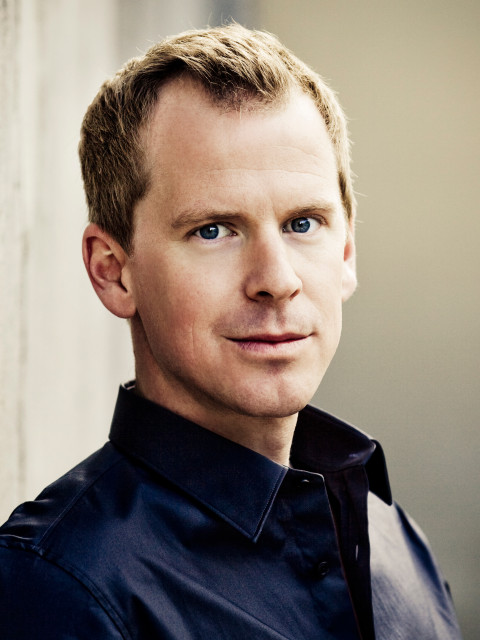
Karsten is a trained industrial mechanic for machine and system technology and a qualified product designer. Since his studies he has been working on "New Materials in Product Design".
From 2005-2013 he was Director Library & Materials Research, significantly involved in building and managing the world's largest materials library for the New York-based consulting company Material ConneXion. In 2013, the materials expert founded MRC - Materials Research & Consulting, a consulting company for innovative and sustainable product development. MRC advises development departments of well-known companies from Europe, Asia and the USA.
In 2019 he founded "The Circular Materials GmbH". The company develops and produces tailor-made materials and products for the circular economy.
Since 2009 he has been teaching "Material & Design" and "Sustainability & Circular Design Practice" at various engineering, design and architecture universities.
City of Munich Department of Public Construction
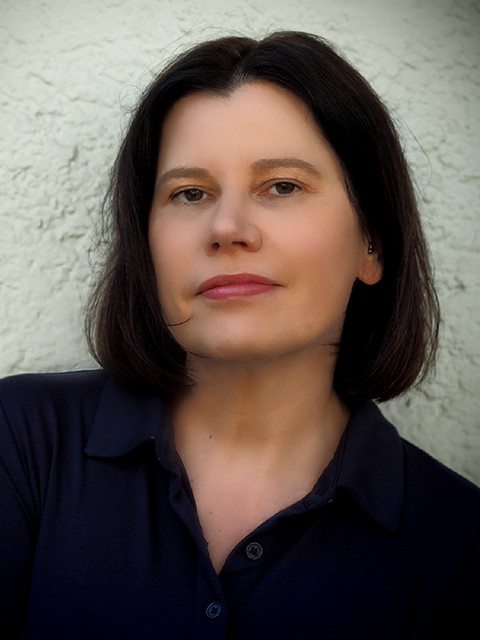
Katja Reich is a communications expert for construction and architecture. She has worked in the building department of the City of Munich since 2024. Prior to this, she was head of the editorial team at DBZ Deutsche Bauzeitschrift in Berlin. She has over 20 years of experience in the conception and editorial realisation of architecture magazines with a focus on corporate publishing, the planning and implementation of specialist events for architects and in the field of building products. Harmonising design standards and practical construction requirements is at the centre of her content work across all communication channels.
Fachmagazin baby&junior
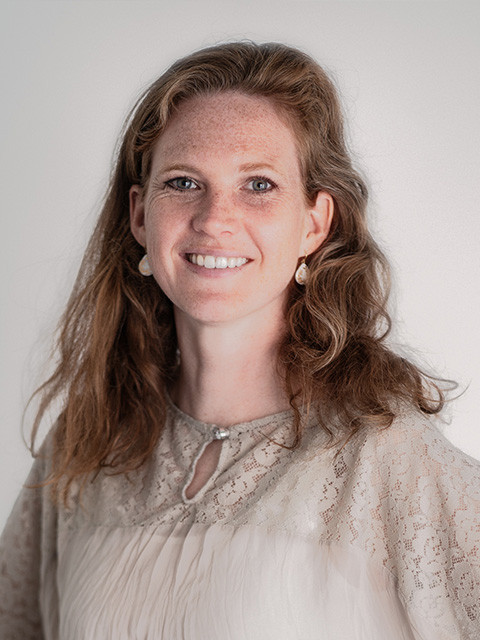
Katja Keienburg has been in charge of the international trade magazine baby&junior since March 2020. It has been distributed in around 30 countries for over 60 years and is published digitally worldwide. A mother of two herself, she has an eye on the needs of today's parents and offers an overview of the baby and children's industry with reports and features on trade fairs, associations, manufacturers, retail and e-commerce. The respective focus topics provide an indispensable basis for decision-making for buyers - so baby&junior is also represented on all channels. The topic of sustainability has played an important role for babies and children since before yesterday, which is why baby&junior also repeatedly focuses on environmentally friendly products, climate-neutral companies and sustainable concepts.
Studio Für Morgen
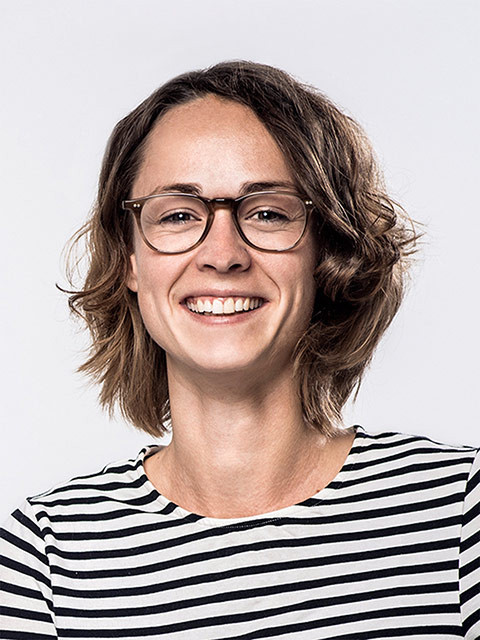
Anna Theil co-founded the crowdfunding platform Startnext from 2010 to 2019 and advised and supported many founders and creatives in this context. Her focus was mainly on the topics of social business, sustainability and culture. In 2019, she co-founded "Studio Für Morgen" https://studiofuermorgen.de and deals with the changes in society and the working world. Anna Theil studied media and communication sciences.
DOMESTIKA
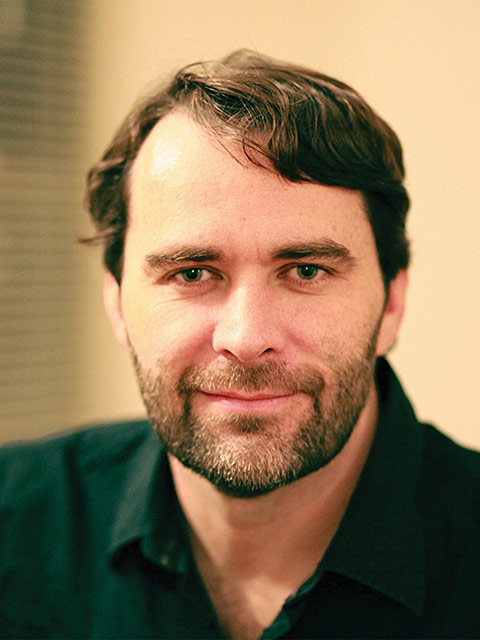
Julius Wiedemann's book "Product Design in the Sustainable Era" is one of the most influential books on sustainable design. Julius Wiedemann was born in Brazil where he studied design and marketing. As Executive Editor for Design and Pop Culture as well as Director for Digital Publications at the international publishing house TASCHEN, he was responsible for more than 40 books. He is the author of numerous magazine contributions and has already been involved as a juror in several international competitions. In total, more than 1.5 million copies of Wiedemann's publications have been sold worldwide, including titles such as "Information Graphics," "Product Design in the Sustainable Era," "Illustration Now!", "Logo Design," and "Japanese Graphics Now! ", and many more.
Haus von Eden
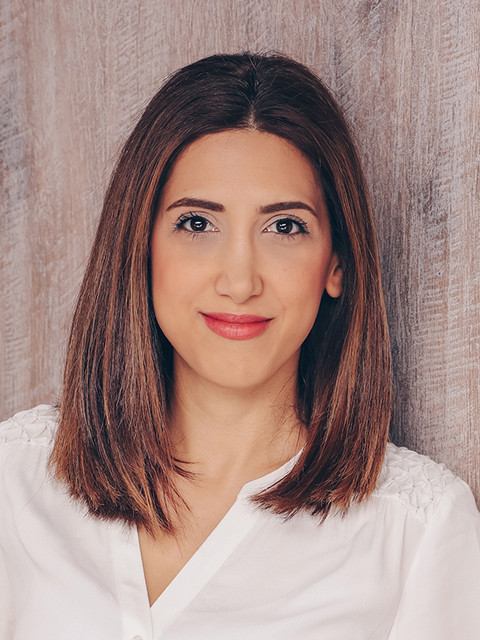
Melodie Abdollahi is co-founder of Haus von Eden. Before that, she worked for a long time in management consulting and strategic development for large corporations. She spent several years in China and gained expertise in industrial production. There she experienced first-hand the direct consequences of the Western world's fast-paced consumption and decided to do something about it. Her focus is on corporate social responsibility, which is why she was instrumental in designing the scoring model and the sustainability criteria of Haus von Eden. Based on this, the positive actions of sustainably operating companies are highlighted on the platform. Haus von Eden is the first German-language platform for sustainable design & lifestyle as a reliable contact point for conscious consumers who do not want to forego aesthetics.
Yksi Connect
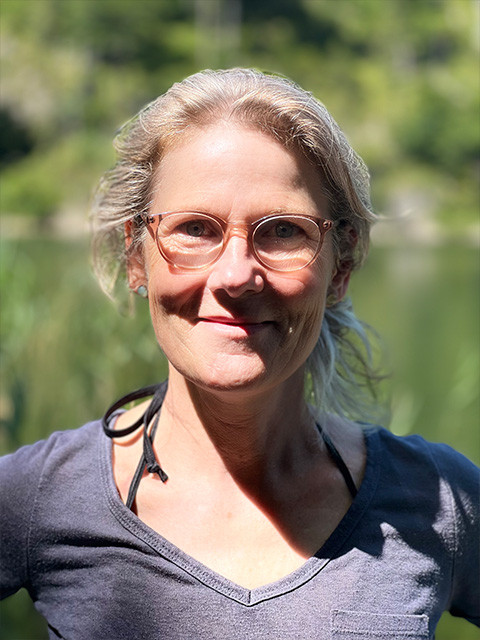
Leonne Cuppen graduated from the Design Academy Eindhoven in 1991 and was part of the Yksi Design agency for 25 years. In addition, under the name Yksi Expo, she curated and organized numerous exhibitions for more than 30 years, some of which have travelled all over the world. In the last ten years, the emphasis has been on sustainability and circularity.
Leonne Cuppen is co-initiator and advisor of Dutch Design Week and is currently curator at Material District. With her company Yksi Connect she brings parties together through design and connects young design talents with the business community and (semi) government organizations.
Academy of Fine Arts Warsaw

Robert Pludra is an industrial designer active primarily in Poland and Switzerland. For the past 15 years, he has run his own design office and taught at the Faculty of Design at the Academy of Fine Arts in Warsaw, where he earned a PhD in social design. He later served as deputy dean and head of the department. His work focuses on the social utility of design, a scientific approach to the creative process, minimalist form, and sustainability.
He has received numerous awards, including the Monocle Design Award for his nomadic furniture, the Scrap Lab Design Contest for the upcycled Barrel Armchair, and a scholarship from the National Centre for Culture in Poland for a project dedicated to the elderly. He has participated in more than seventy exhibitions, including major design festivals and fairs in Milan, London, Paris, Berlin, Basel, Zurich, and Tokyo.
Luxiders Magazine & 001 Agency
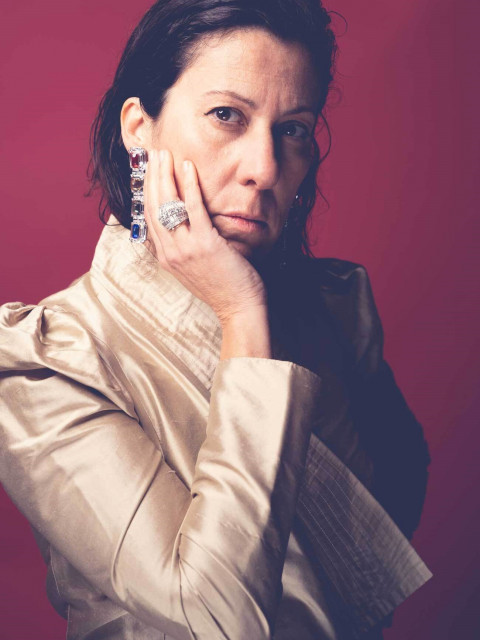
With a MA in Journalism and Advertising & Public Relations, Belvis Soler began her career as a copy-writer and, later, as a creative director for different advertising agencies. She has written for fashion and design magazines during more than 20 years. Since 2018, she runs Luxiders Magazine. Her daily mission is to elevate the discourse of sustainable brands through modern images and a semantics made by an art direction based on excellence.
University of Oregon
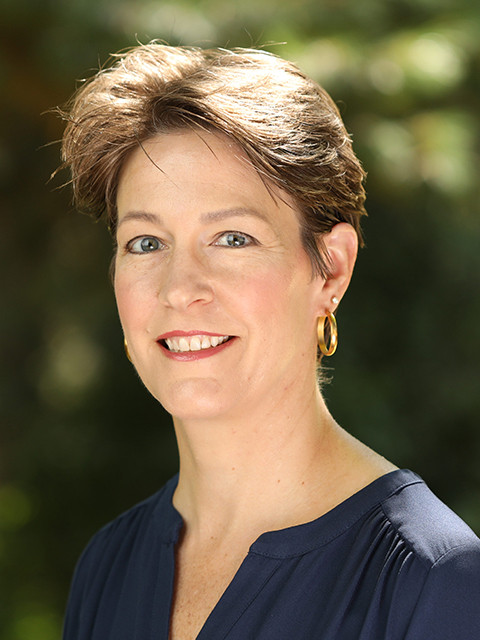
Kiersten Muenchinger is an Associate Professor in the Product Design Program and one of the principles in the Green Product Design Network at the University of Oregon. She was honored with the Sustainable Practice Impact Award in 2018. Muenchinger researches and teaches the intersection of materials, manufacturing and design with an emphasis on sustainability tactics and metrics. Her research utilizes Kansei engineering principles to measure how consumers perceive the sustainability of materials. Kiersten was named “Young Educator of the Year” in 2011by the Industrial Designers Society of America (IDSA), and one of the Design Intelligence 30 Most Admired Educators for 2015. Before joining UO, Kiersten was a design engineer with IDEO, Fitch, Sottsass Associatti, and Walt Disney Imagineering.
MELICHAR Bros. & epda
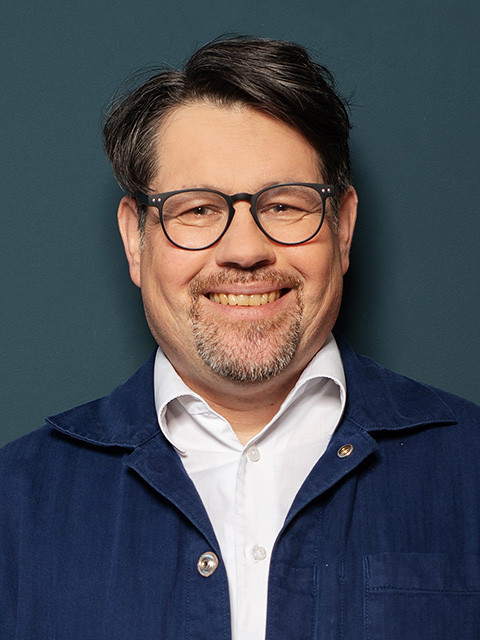
Uwe Melichar is an expert on circular packaging and design. With his company MELICHAR Bros. he develops solutions for clients around the globe.
He believes in the power of agility and is widely linked with many different stakeholders along the packaging supply chain. Before he founded the company he was managing partner at the design agency Factor where he realized packaging projects for adidas, Bosch, C&A, Huawei, MAM, Nestlé, Gardena, Omron, Miele and other clients. MELICHAR Bros. works for clients in Germany, Norway, Finland, Austria, the Netherlands, Switzerland and in the USA. Uwe is an international sought-after keynote speaker, editor of the book ‘Design Agency Boost Book’, lecturer at several universities and since 2015 member of the Red Dot jury, Red Dot Ambassador and part of the respected Pentawards jury. As an appointed representative of Germany he judges the award ‘Design Europa’ from the European Commission. From 2018 till 2022 he was president of the European Brand & Packaging Design Association (epda-design.com) and is now the epda vice-president.
MELICHAR Bros. claim ‚Increase value, decrease waste‘ makes a clear statement for sustainability in the packaging sector.
Igedo Exhibitions (Neonyt Düsseldorf)
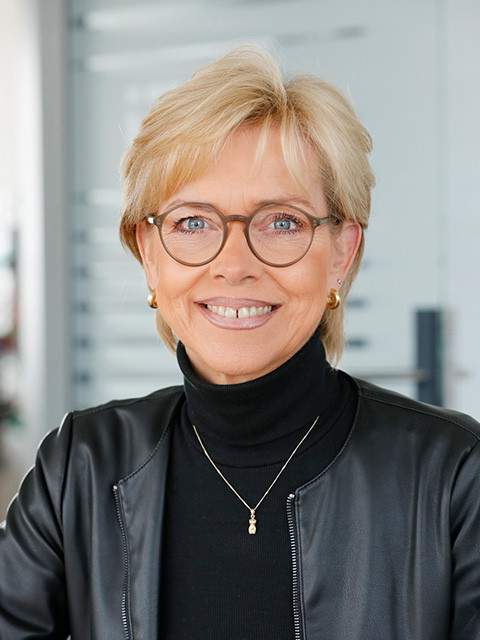
Ulrike Kähler trained as an exhibition manager at Messe Düsseldorf and later worked as a project manager for the staff department Protocol. In 1992, she moved to the Cologne Trade Fair, managing Anuga among other events. In 2006, she joined Igedo Exhibitions in Düsseldorf, where she conceived THE LITTLE GALLERY children's fashion fair and managed the Gallery's relocation to Areal Böhler. She launched Gallery SHOES in 2017 and has overseen the Gallery FASHION and Gallery SHOES platforms since 2022. As Managing Director of Igedo, she was instrumental in winning the Neonyt licensing contract for Düsseldorf. Neonyt's kickoff occurred in January 2023. Passionate and creative, Kähler is dedicated to developing Düsseldorf as a fashion hub.
Architect and cultural manager
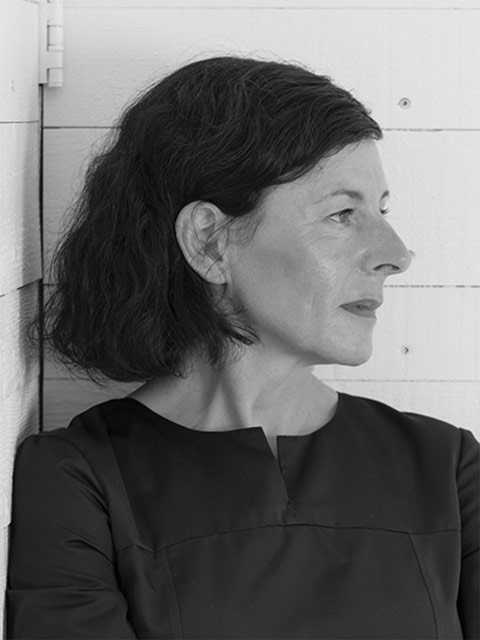
Meike Weber developed new contents and formats around the architectural trade magazine DETAIL for 15 years. Among other she worked on DETAIL research as an open network of architecture, business, research and politics. Detail research uses various formats to convey topics on the "future of building" based on research results and studies on the effects of social change and megatrends on architecture and the city. For several years, she has also been responsible for teaching at the Institute for International Trendscouting of the Faculty of Design at the HAWK Hildesheim and advises various committees from business, NGOs, teaching, research and politics.
IKEA Deutschland
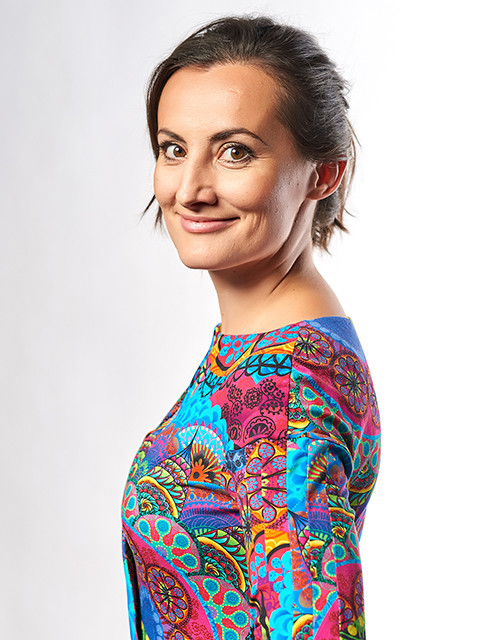
Katarzyna Dulko-Gaszyna has been in charge of the implementation of the global sustainability strategy for IKEA Deutschland as Sustainability Manager since 2020. She studied political and environmental sciences in Poland and Germany and subsequently worked as CSR Officer at Ringier Axel Springer Polska. For the past nine years, before coming to Germany, Katarzyna was responsible for sustainability management for IKEA Poland. She wants to contribute to making environmentally friendly solutions affordable and accessible for many people at IKEA. "The focus of my work is the transformation to a circular economy," she says. "In addition to reducing carbon dioxide, we want to enable sustainable consumption for millions of customers."
Redaktion dds – Magazin für Möbel und Ausbau
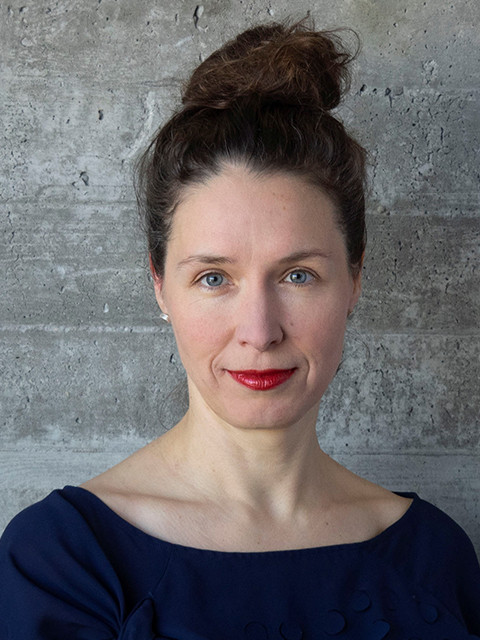
Katharina Feuer has been editor-in-chief of dds - Magazin für Möbel und Ausbau since March 2024. The carpentry and joinery trade magazine dds covers the topics of furniture design and construction, interior design and building in existing buildings. Here, the qualified interior designer (FH) contributes her experience from her time as an editor for the interior design magazine md INTERIOR DESIGN ARCHITECTURE.
Lund University, Sweden
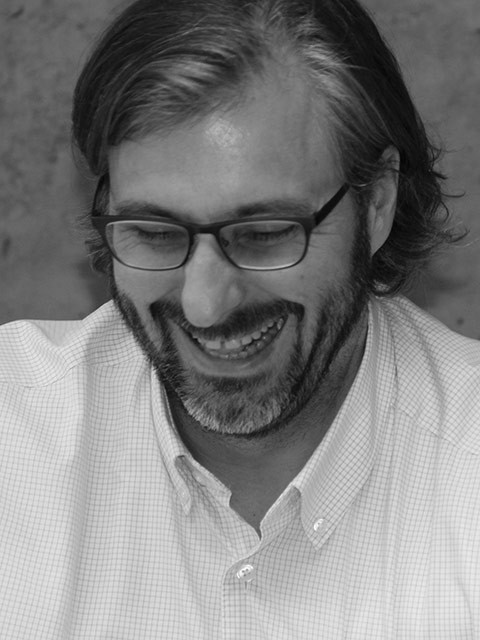
Claus-Christian Eckhardt was appointed in 2001 as professor and director of Lund University School of Industrial Design in Sweden. He studied industrial design at the Braunschweig University of Art. After graduating, he worked for Silvestrin Design, Blaupunkt and Bosch, where later he became head of design. He led the design activities of Tenovis and Avaya. He also a freelance designer since 2000.
InteriorPark.
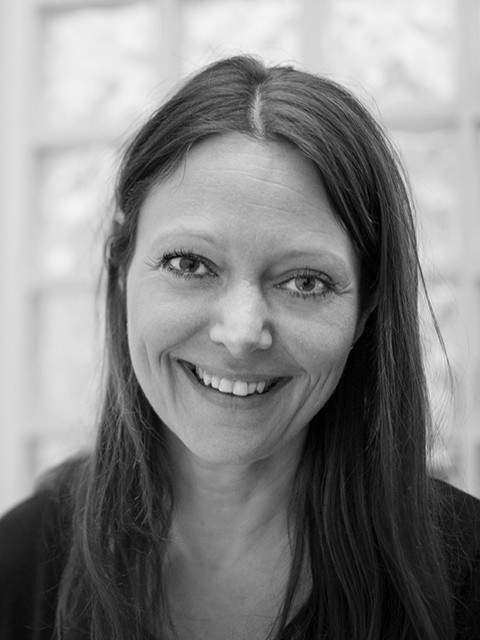
Andrea Herold founded InteriorPark. together with Tina Kammer in 2010. As a consultant, she develops and
sustainability strategies for companies. In workshops, she provides well-founded market developments and accompanies pioneers of sustainability in their positioning.
She designs and prepares sustainability reports in accordance with international GRI standards, which transparently present both the status quo and the sustainability strategy.
Fabriek Fris | Anderlus
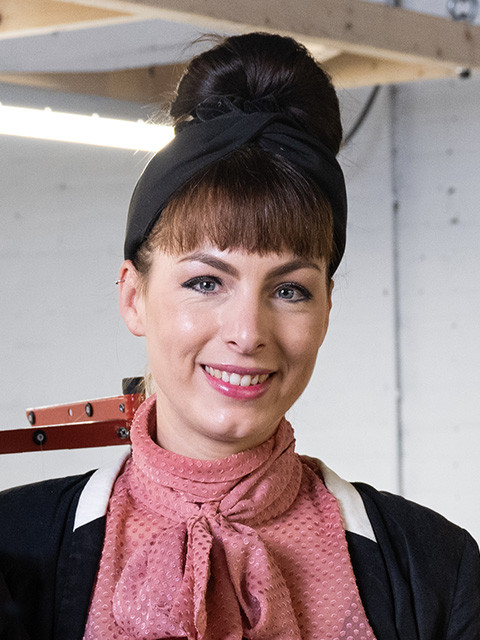
Rosan van Boven holds a Bachelor’s degree in Fashion & Design from AMFI, Amsterdam with a specialisation in textiles from Nottingham Trent University. After graduating, she independently transferred a production factory from Wuxi, China too Skopje, Macedonia. Subsequently, she started working as head of Design for a company that specialises in bast fibre textiles.
After several years working in the industry she decided to make a difference and made the radical change to start Fabriek Fris together with Kim Bijvank. Fabriek Fris shows that things can be done differently through fair and local production to promote social impact, better working conditions and more economic equality. With Fabriek Fris, she managed to win the innovation award “food valley 2021” with the project MAEAN; from waste to workwear.
To complete the circulair circle she started Anderlus together with Ir. Paulien Harmsen. They believe in the power of creativity & science to RE-IMAGINE what’s already in circulation. Anderlus creates new materials out of cutting waste and strives to be the middleman between the waste producer and the designer in order to close the loop together.
The Criteria
The winners will be evaluated and determined based on general and subject-specific criteria.
In order to make it easier for you to highlight the special features of your submission, you can orient yourself on the criteria of the jury. The best way is to download our submission assistance here.
Overall rating
Approach
The originality, reproducibility and credibility are assessed.
Elaboration
Evaluated are the complexity of the analysis, the quality of the preparation and the way of implementation.
Impact
The potential for positive impact on the environment and/or society is considered.
Subject-specific reviews
Design
This is about the design as an overall approach with the following criteria: aesthetics, user-friendly functionality, economic and ecological constructions, possibly the interaction of product and packaging. The quality of communication with the consumer about sustainability is also considered.
Innovation
To assess the innovation, it is examined whether a problem / need (better) is solved, the scale of what is new and how relevant it is. When submitting concepts, there is an additional focus on the respective business model.
Sustainability
Assessment takes place along all phases of the life cycle (concept / pre-production, production, distribution, use, reuse). Information on the material used is considered separately, as well as information on the production conditions.




















